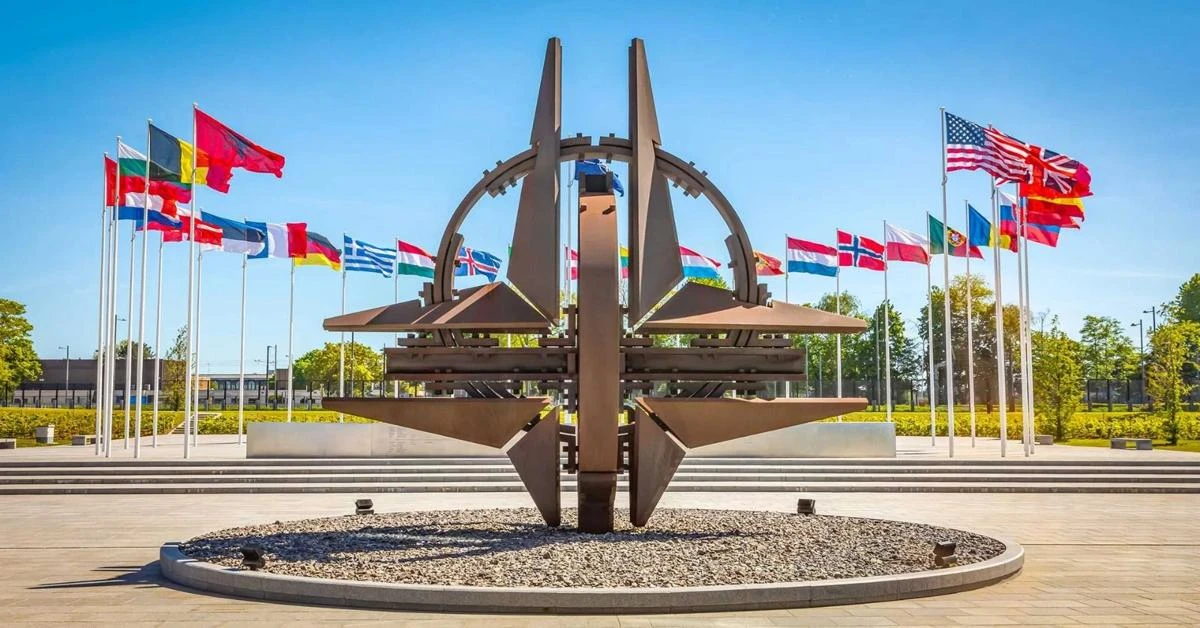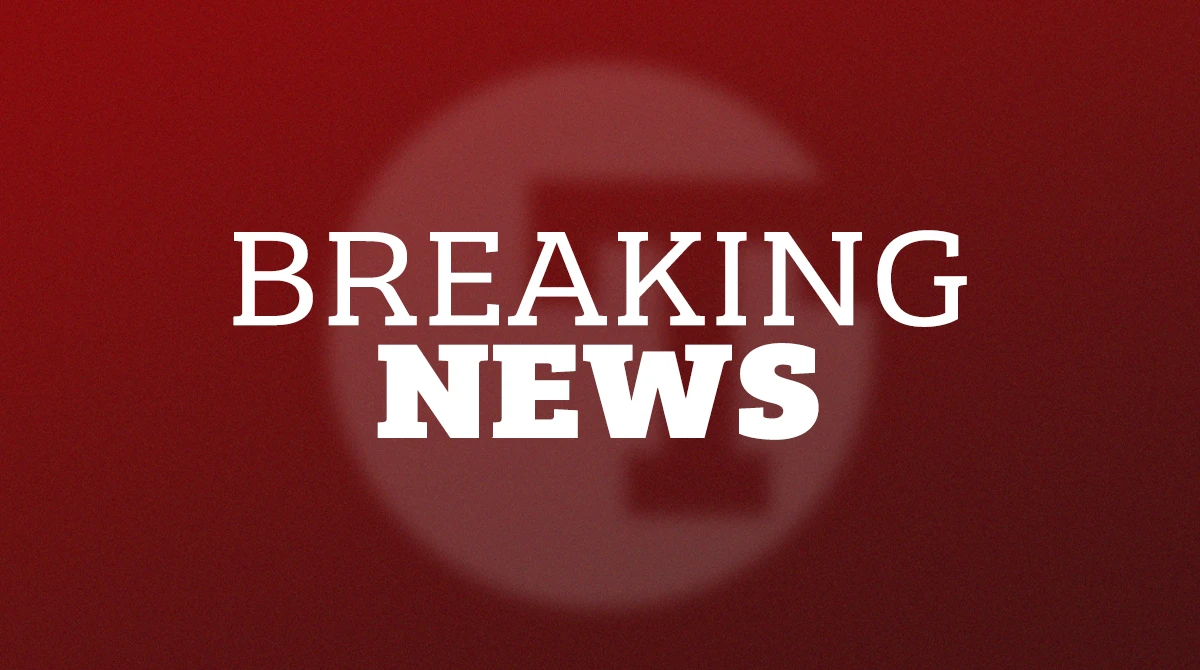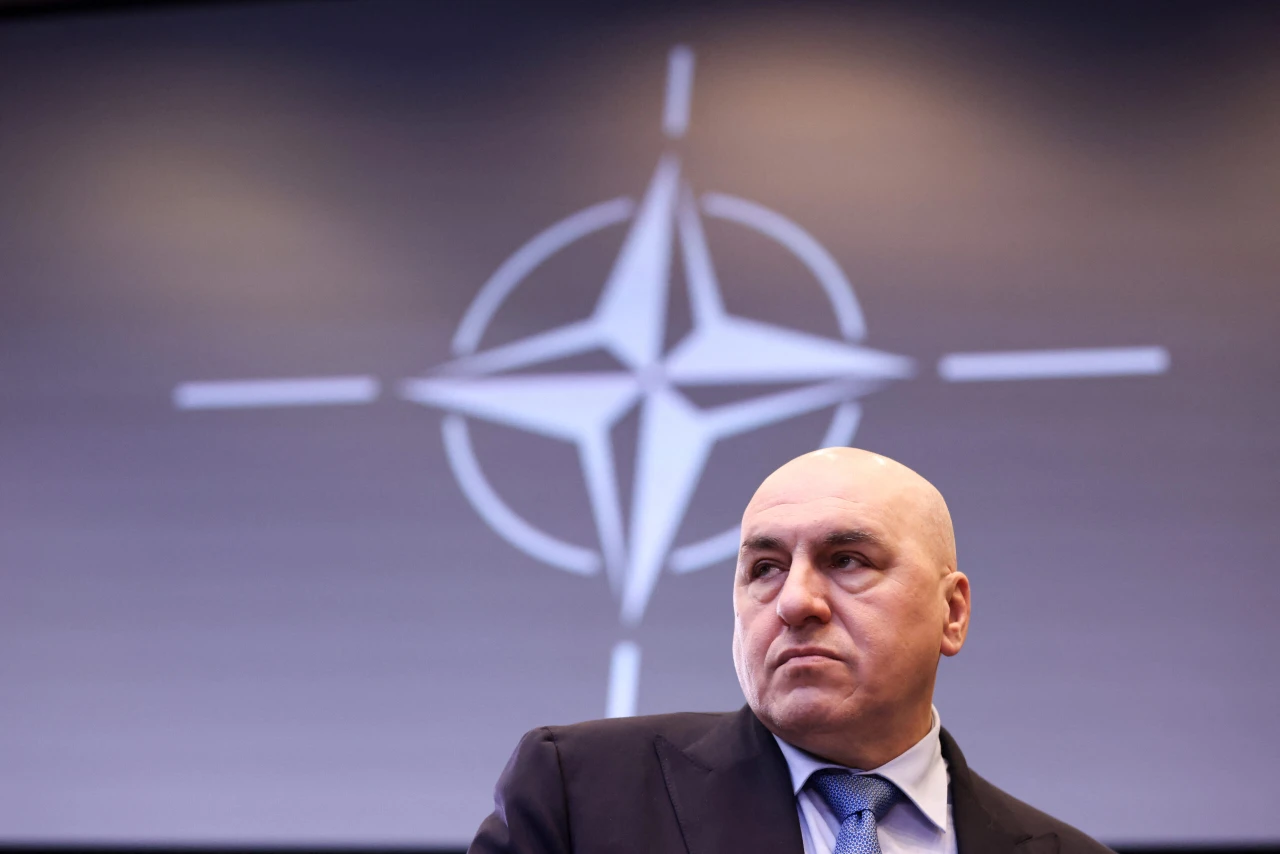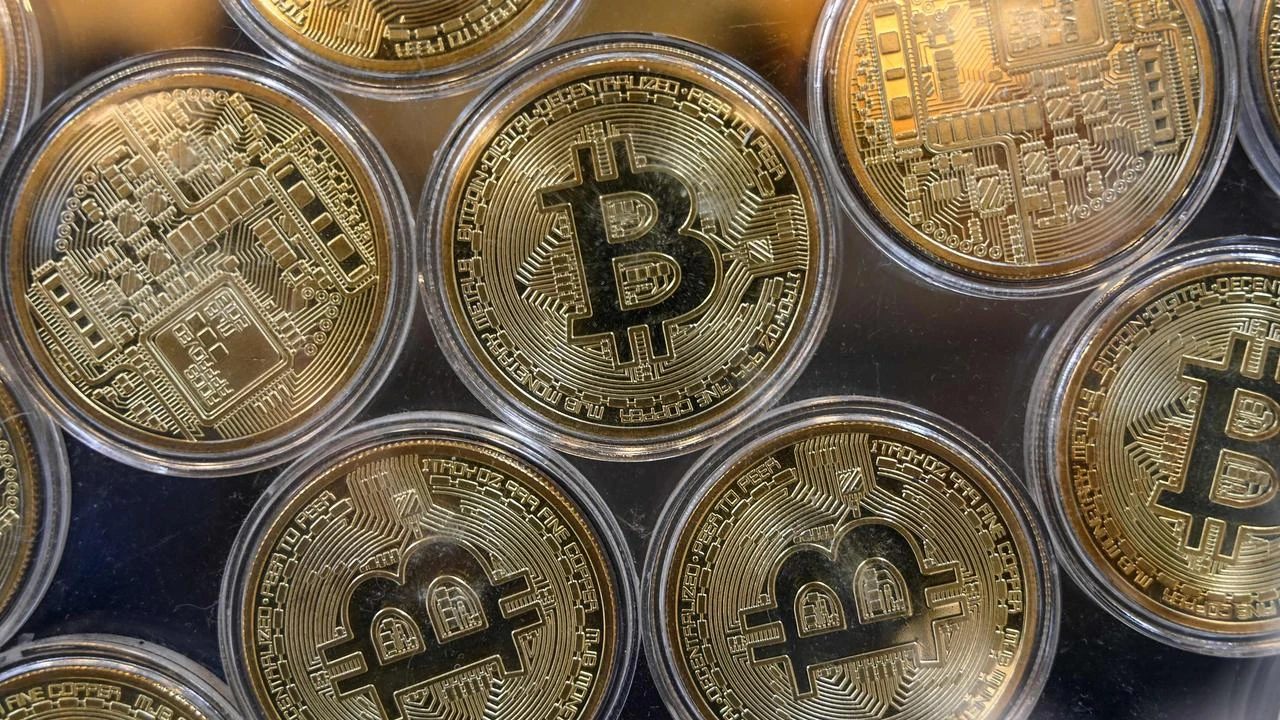NATO allies unite against Russian cyberattacks after Germany gets hit

NATO, EU, US and UK among others, strongly condemn Russian cyberattacks on Germany and Czechia that have targeted lawmakers
Numerous countries and pacts, including the United States, United Nations, EU and NATO, have condemned Russian cyberattacks against Germany and Czechia which have targeted lawmakers and amounted to “sabotage.”
“Russian state hackers have attacked Germany in cyberspace. This is completely unacceptable and will not be without consequences,” German Foreign Minister Annalena Baerbock said.
She told reporters, during her visit to Australia, that a government investigation into last year’s cyberattack that targeted co-ruling Social Democrats, had been completed.
“The federal government, under the leadership of the Foreign Office, has now completed the investigation process for this incident. We can now clearly attribute this attack to the APT28 group, which is controlled by the Russian military intelligence service GRU,” Baerbock said.
She warned that Russia will face consequences for such cyberattacks, but did not provide any details about possible diplomatic measures or sanctions.
Germany will not tolerate
The German Foreign Ministry said it summoned Russian charge d’affaires on Friday to protest the cyberattack and make it clear to the Russians that Berlin will not tolerate such malicious acts in cyberspace.
“We, and our partners, will not tolerate such cyberattacks, and we will use all available measures to prevent, deter and respond to Russian aggressive behavior in cyberspace,” Foreign Ministry spokesman Christian Wagner told a news conference in Berlin.
He said the EU has a mechanism to jointly respond to such cyberattacks, and they will be studying possible measures and sanctions in the coming days.
Meanwhile, the U.S. State Department spokesman Matthew Miller also condemned the malicious cyber activity executed by the APT28 group. “We join Germany in attributing specific malign activity carried out by APT28 that targeted a German political party,” he said.
“We call on Russia to stop this malicious activity and abide by its international commitments and obligations. With the EU and our NATO Allies, we will continue to take action to disrupt Russia’s cyber activities, protect our citizens and foreign partners, and hold malicious actors accountable,” Miller added.
NATO concerned
The North Atlantic Council, NATO’s political executive body, on Friday issued a statement saying that allies were deeply concerned about recent malign activities.
“Allies recognize that Germany and Czechia have attributed the responsibility of the malicious cyber activities in their respective countries to the threat actor APT28 sponsored by the Russian Federation, specifically the Russian General Staff Main Intelligence Directorate (GRU),” the statement read.
“Allies also note with concern that the same threat actor targeted other national governmental entities, critical infrastructure operators and other entities across the Alliance, including in Lithuania, Poland, Slovakia and Sweden.”
APT28 hackers, linked by the U.S. to Russia’s Main Intelligence Directorate of the General Staff (GRU) in 2018, have been behind many high-profile cyber attacks since the state-backed hacking group surfaced in the mid-2000s.
For instance, they were behind the 2015 breach of the German Federal Parliament (Deutscher Bundestag) and hacks of the U.S. Democratic Congressional Campaign Committee (DCCC) and the Democratic National Committee (DNC) right before the 2016 U.S. Presidential Election which led to the leak of presidential candidate Hillary Clinton’s emails.



